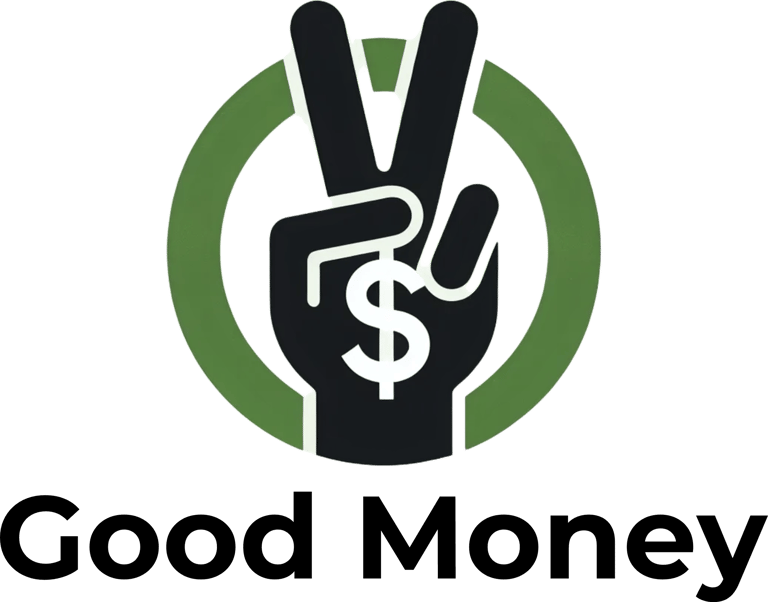How Nonprofits Can Strategically Navigate DEI Backlash Without Compromising Core Values
Nonprofit organizations advancing diversity, equity and inclusion (DEI) are increasingly facing legal and political pushback, particularly in the wake of executive orders and scrutiny tied to the Trump administration.
NEWS
Staff
6/25/20251 min read


Nonprofit organizations advancing diversity, equity and inclusion (DEI) are increasingly facing legal and political pushback, particularly in the wake of executive orders and scrutiny tied to the Trump administration. According to Non Profit Pro, this opposition often reframes DEI initiatives as discriminatory, creating uncertainty for mission-driven organizations around funding, compliance and public perception.
Despite these challenges, experts emphasize that DEI is not a fleeting trend—it’s a commitment to equity and shared power. Organizations must root their strategy in values, understanding that equity work centers humanity and disrupts oppressive systems.
The first step is assessing organizational risk. Groups receiving state or federal funds or operating in politically sensitive areas should evaluate how policy shifts may impact legal obligations and funding streams.
Next, assess your organizational power—both positional and institutional. Positional power refers to reputation, financial resources and public influence. Institutional power, meanwhile, relates to leadership identity and how closely it aligns with dominant cultural norms, which can affect levels of scrutiny or privilege.
Key questions include: Who leads your organization? Are they members of historically dominant groups (e.g., white, male, Christian)? Understanding your place within this power-risk matrix can clarify options for response.
Then, define your “zone of genius,” or what your organization does uniquely well. Engage staff, board members and stakeholders in this discussion. A shared understanding can help determine when and how to take a stand.
Real-world examples demonstrate the framework in action:
Harvard University leaned into its academic freedom, rejecting political overreach and reinforcing its brand.
Columbia University, initially open to collaboration, faced backlash and credibility loss before recalibrating.
826 Boston declined Americorps funding due to new anti-DEI requirements, citing misalignment with its values. This bold move ultimately garnered community support.
In this era of increased scrutiny, inaction is itself a decision. Organizations must reflect on their values, risk tolerance and power to chart a path forward. Whether through public advocacy or quiet resistance, staying aligned with core commitments will ensure DEI remains central—not sidelined.
Connect
Discover businesses aligned with your values today.
info@goodmoney-app.com
© 2025. All rights reserved.
Write your text here...
A Subdivision of Original Media Group LLC.

